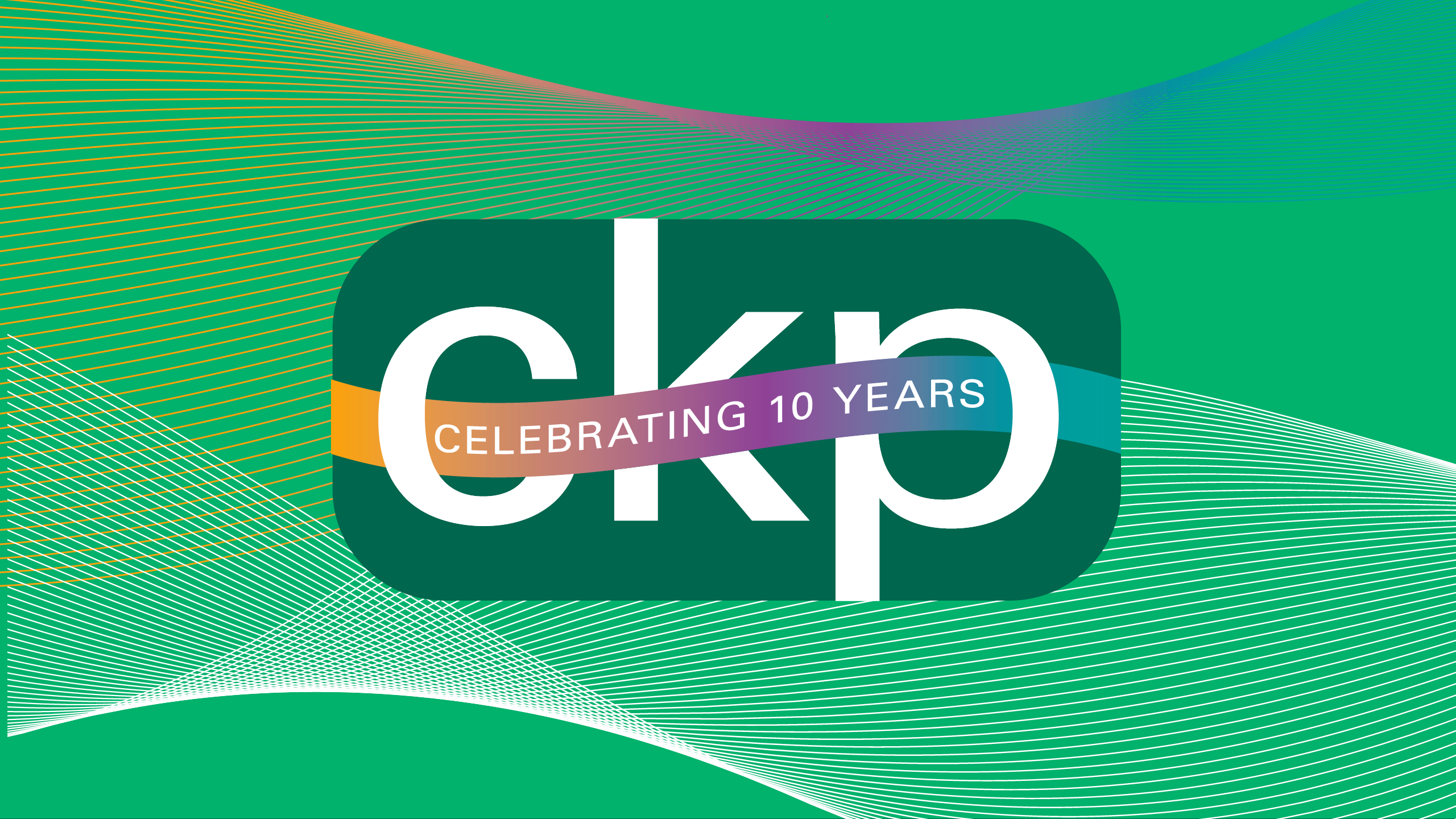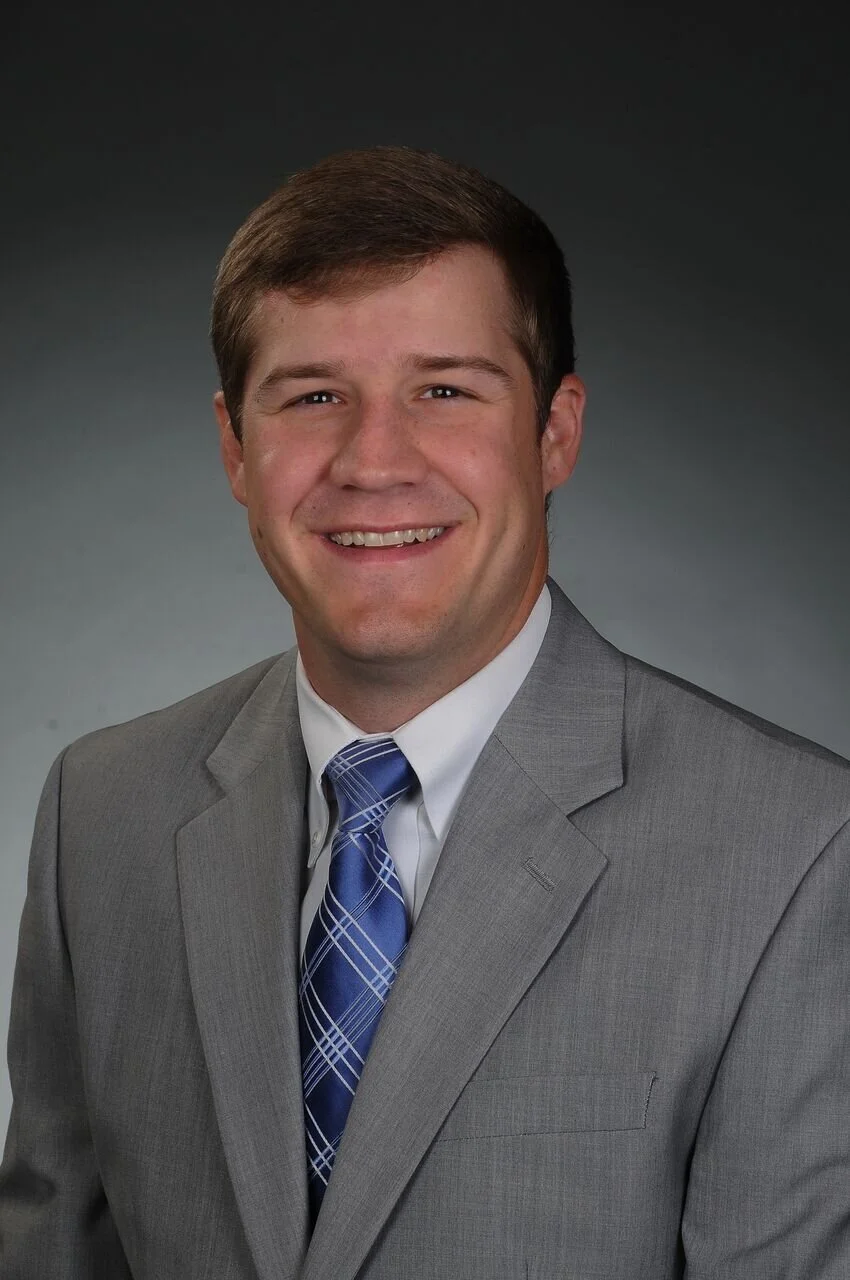Ross Winkler: “The secret to public relations is relationships”

Meet Ross Winkler of Winkler Public Relations, a PR guru who helps clients establish and execute government relations, public relations and crisis communications strategies that build meaningful relationships.
As a member of CKP’s Extended Bench, Winkler and his specialized skill set add incredible value to CKP clients. We chatted him up to understand his unique approach to building meaningful relationships, navigating risk and positive stakeholder engagement.
How do you define your approach to public relations?
My approach, and what I believe is the fundamental aspect of public relations, is building relationships. I believe that so much that our company’s tagline is “Working Relationships.” We are in the people and relationship business, and nearly everything we do establishes, maintains, and grows those relationships. Public relations requires a long-term focus and establishing meaningful relationships is an ongoing, long-term effort.
Yes, encouraging reporters to cover stories is public relations. If you have attempted to create a relationship with that reporter, however, you are likely benefiting your client in the present and down the road.
What are some tactics that help brands connect better with communities?
First, be open and transparent. People today more than ever crave information. Be willing to share your goals with stakeholders. If you have bad news, don’t hide it. Next, be consistent. People will notice if you are contradictory with your messaging. Messaging to opposing stakeholders can be tough, but people will always know where you stand if you remain consistent.
Finally, ask questions. It is so easy to create a campaign and get tunnel vision trying to execute it. Willfully take a step back to ask yourself and others, “Are we on the right track?” You will learn so much more by simply asking the right questions.
What is the biggest mistake that a leadership team can make that ultimately contributes to the need for crisis communications support?
The biggest mistake is not being prepared. Some crises are unavoidable, but so many more can be avoided by simply being prepared. It is human nature to think that it won’t happen to us, leading many companies to not think about their largest vulnerabilities.
When we do crisis management training, we try to get our clients thinking about all types of risk scenarios. What are the worst-case scenarios that could lead to a crisis, even if they may be out in the periphery? Once we have established that, we can begin to plan for how to communicate during the crisis. Preparation does not stop when we leave the room. We actively encourage our clients to audit their exposures.
When you work with clients dealing with sensitive, crisis, or issues management concerns, do you have any absolute requirements in terms of process or procedure?
Obviously, crises happen fast and often they are unannounced. This can lead to confusion and people being unsure of their responsibilities. I believe it is critical to create clear roles and responsibilities for those who are responding to the crisis. Many bad crisis responses are due to a lack of clear direction.
Another absolute requirement is establishing a clear notification system. It is essential to have primary and backup notification methods in order to reach important stakeholders. Relying solely on email is not enough, as not everyone is as connected as we might expect. Utilize social media, text messaging, and other forms of notification to notify stakeholders.
Finally, it is critical to monitor the situation. What are people saying on social media? Are the facts getting through ahead of misinformation? Monitoring the situation for real-time feedback allows us to adapt our communications strategies to reach important stakeholders.
When should businesses and brands consider adopting a government relations strategy?
Immediately. Public policy and regulations likely have a large impact on everyone’s business. In a world of consistently shifting politics it can be very hard to keep up with what’s happening at all levels of government, especially if you do not have a strategy to monitor.
Business leaders are not expected to be experts on everything that our elected officials work on. Similarly, we should not expect elected officials to be experts on each of our businesses and industry. Elected officials rely on companies and organizations to make them aware of important issues. If your business is not participating in that, who is delivering the message instead?
What are some best practices in developing and cultivating relationships with government officials?
The best way to build any relationship is through consistent communication. That is no different with elected officials. Let your government representatives know what you are doing in their community. If your business is opening a new office or celebrating an anniversary, invite public officials to attend. Do not just reach out when you need action on legislation. That is unlikely going to lead to productive results long-term.
Another tactic I recommend is getting to know the staff of elected officials. Few people work harder for less credit than government staffers. They are truly the backbone of effective government. Try to create relationships with staff members and include them on important communications. Most good government relations strategies depend on heavy staff involvement.
How do you know if these strategies and tactics are working in your favor?
If you are putting in the time to communicate with elected officials, you will notice there is a reciprocating level of communication. My goal is that when a legislative issue could impact my client or my client’s industry, elected officials and their staff think of my clients as the subject matter expert. This type of communication is obviously unlikely to happen if you have not made the time to establish a meaningful relationship.
If you have formed those important relationships when you are not seeking legislative action, your phone is far more likely to ring when the elected official is seeking advice.
In your tenure as a public relations guru, how has your job changed in the last decade?
I think the most obvious change is the rise of social media. I recall when I first got on Twitter, it seemed totally trivial and a way to pass time. Now, I use Twitter and other social media channels to get breaking news, check the pulse of a certain news topic, and communicate with stakeholders. Reporters often use social media to identify story opportunities. Social media also makes crisis communications more important than ever. Businesses and brands are only one viral tweet or Facebook post away from dealing with a possible disaster. Peloton, anyone?
I also believe that the social media age has made me realize the importance of real relationships. The insincere manner of social media shines light on the relationships that are truly beneficial. I would encourage all public relations experts to continue creating meaningful connections and keep the focus on building those relationships.
About Ross Winkler:
Ross Winkler is Director of Government Relations & Public Affairs for Winkler Public Relations. Ross focuses his work on engaging local, state, and federal elected officials, as well as other key stakeholders. He also helps coach executives in media and crisis communication and leads marketing strategy for Winkler Public Relations and its customers. Prior to joining Winkler PR, Ross worked as a senior corporate account executive with the Montgomery Biscuits Baseball Club, “AA” affiliate of the Tampa Bay Rays. Ross earned a Bachelor of Science in Marketing from Auburn University’s Raymond J. Harbert College of Business.
More Blog Posts

Let’s be real—communication at work is kind of like a group chat. Some people over-share, some barely respond, and others...

Once upon a time, PR meant faxing a press release and hoping someone, somewhere, had paper in their machine. All...

Employee Appreciation Day, recognized on the first Friday in March, will be celebrated this year on March 7. It is...

1. The Power of Sustained Impression (Or: Stop Passing Out at First Dates) Let me tell you about a date...



